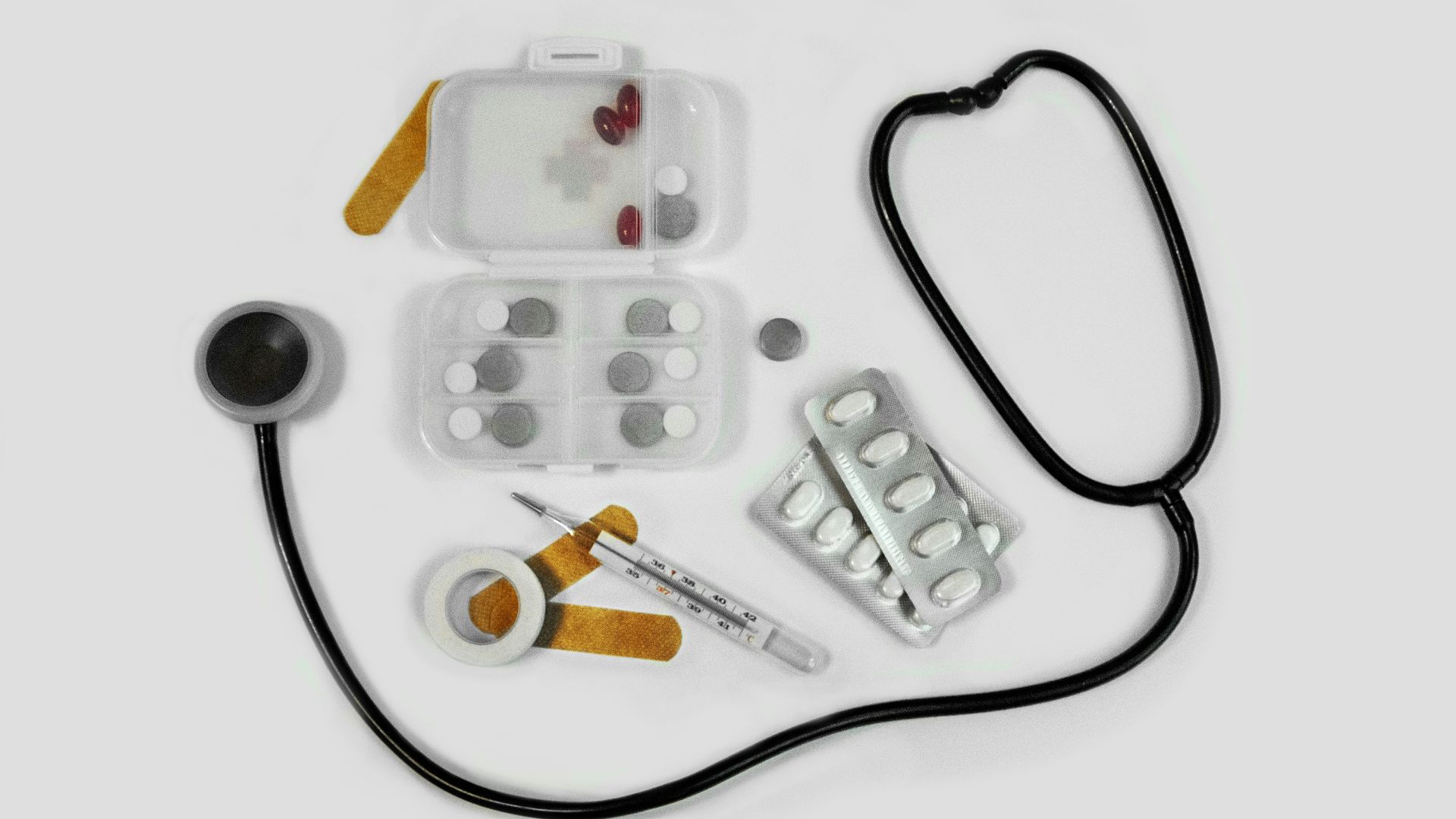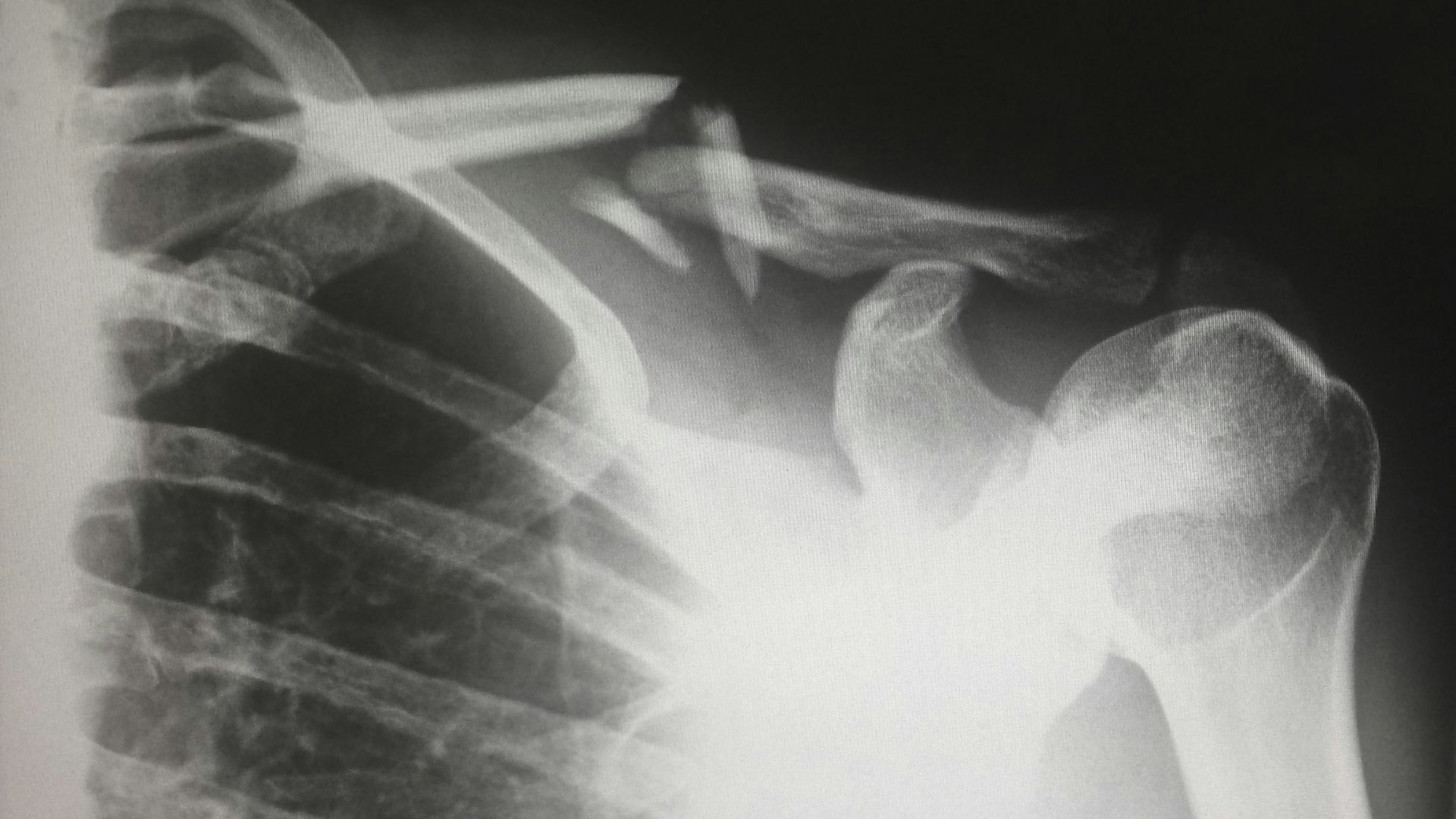The Biden administration is shaking things up with a bold proposal: eliminate medical debt from credit reports starting next year.
Vice President Kamala Harris and Consumer Financial Protection Bureau Director Rohit Chopra unveiled the plan, promising it could significantly relieve the financial stress of countless Americans facing medical bills.
How Medical Debt Skews Credit Scores

Medical debt might not reflect a person’s ability to handle other loans, yet it damages credit scores.
Director Chopra expressed to ABC News, “Our research shows that medical bills on your credit report aren’t even predictive of whether you’ll repay another type of loan. That means people’s credit scores are being unjustly and inappropriately harmed by this practice.”
Homeownership Dreams Could Come True

This isn’t just paperwork. The proposed rule is a game-changer that could help 22,000 more people qualify for mortgages every year.
Better credit scores mean better chances at loans, not just for hopeful homeowners but for lenders who can say yes more often.
Credit Bureaus Jump on Board Early

The big names in credit reporting—Equifax, TransUnion, and Experian—are already cutting back on how much medical debt weighs down your credit score.
This shift is mirrored in updates from FICO and VantageScore, which are also reducing the role of medical debt in their scoring algorithms.
A Closer Look at America’s Medical Debt

Even with strides in the right direction, a staggering 15 million Americans are bogged down by $49 billion in medical debt that’s tarnishing their credit scores.
The proposed nationwide rule could lift this burden, offering financial breathing room for many.
The Deep Reach of Medical Debt

Around 40% of Americans have medical debt, and the sums are often hefty—running into thousands of dollars.
This type of debt can block access to essential financial services, like getting loans for cars or homes, often forcing people into high-interest rate agreements.
Kamala Harris Advocates for Economic Fairness

Vice President Harris pointed out the harsh realities of medical debt.
She said, “Medical debt makes it more difficult for millions of Americans to be approved for a car loan, a home loan or small business loan, all of which in turn makes it more difficult to just get by, much less get ahead. And that is simply not fair.”
A Personal Story: Lexi Coburn’s Financial Hurdles

At 23, uninsured Lexi Coburn faced a medical emergency that led to crushing medical debt. This debt, she explained, blocked her from securing a reasonable loan.
“Immediately my medical debt was in the way of qualifying for a good loan that didn’t have an outrageous payment per month.”
The Vicious Cycle of Medical Debt

Lexi’s story is far from unique.
Medical emergencies can trigger a relentless debt cycle that many find impossible to escape, compounding financial woes and making economic recovery a distant dream for those caught in this trap.
Tackling Inaccurate Billing

The CFPB is also addressing the rampant issue of confusing and often wrong medical bills that prolong disputes.
Director Chopra noted, “Too often, we see that people are receiving bills that are inaccurate,” stressing the urgency for more transparency and accuracy in medical billing.
Experts Discuss the Impact of Debt Collection Practices

Experts are chiming in, pointing out that medical debts are seldom fully repaid.
This proposal might not change how often debts are settled, but it could ease the financial strain on many Americans, allowing them to concentrate on rebuilding their economic stability.
Weighing the Future Implications

The promise of immediate relief from medical debt comes with potential future challenges.
Some experts warn that hospitals might tighten up payment requirements, which could disproportionately affect low-income patients, making it harder for them to access necessary care.
